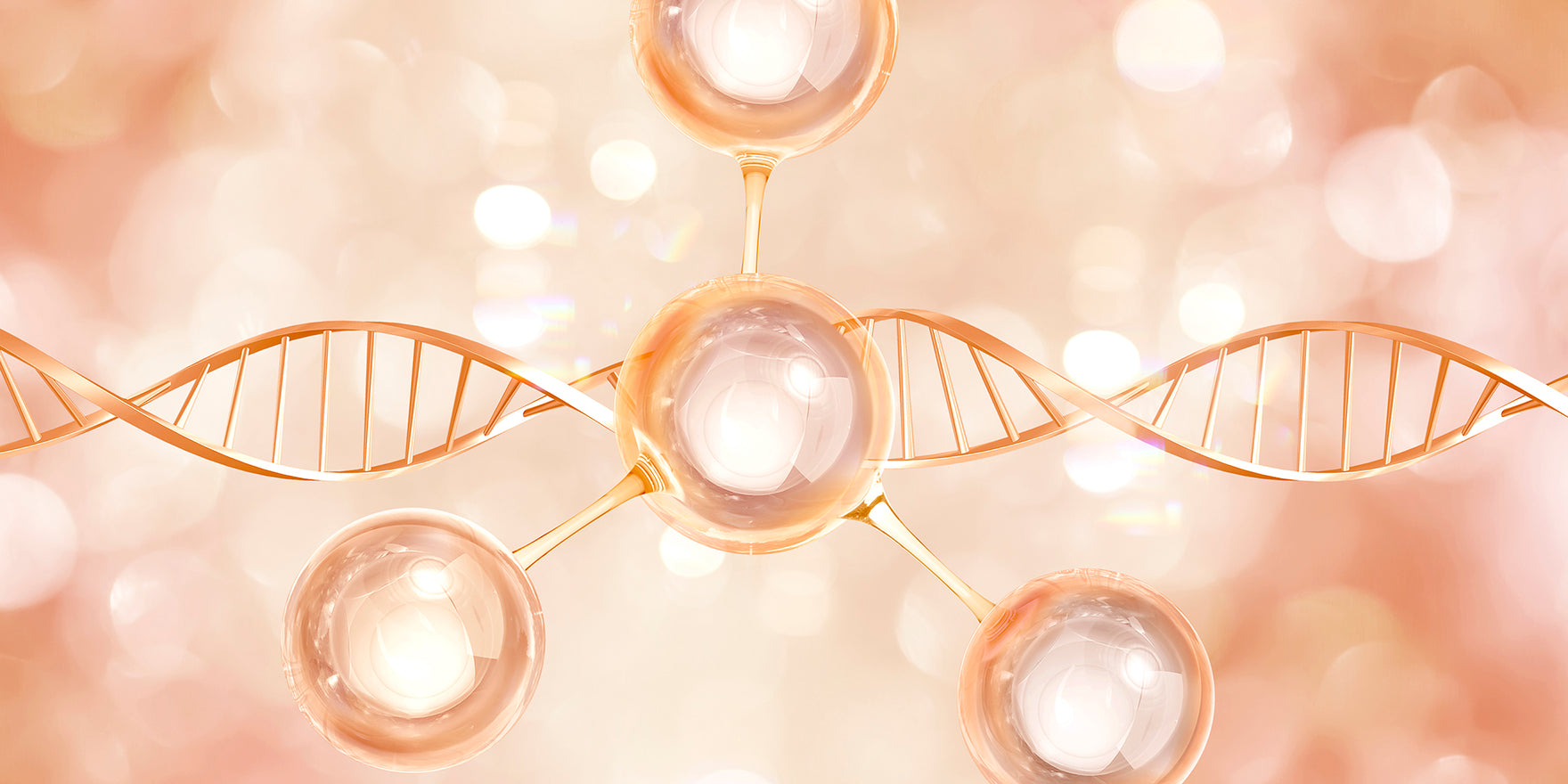
7 POTENTIAL BENEFITS OF COLLAGEN IN YOUR DIET
WHAT IS COLLAGEN?
Collagen, constituting approximately 30% of the body's total protein, is the predominant protein in the human body.
Most hard and soft tissues in your body are primarily made up of collagen protein.
It serves as the foundational component for various structures such as skin, muscles, bones, tendons, ligaments, and other connective tissues. Additionally, collagen is present in organs, blood vessels, and the intestinal lining.
WHAT IS HYDROLYZED COLLAGEN?
Collagen can't be absorbed in its whole form.
When collagen is hydrolyzed, it’s broken down into smaller, easy-to-process particles or peptides. This is hydrolyzed collagen or collagen peptides is what you find in the collagen products or supplements you can find in the market.
CLICK HERE to check the COLLAGEN bars.
7 POTENTIAL BENEFITS OF COLLAGEN IN YOUR DIET
1.- Muscle Mass Boost:
Collagen, as the most abundant protein in the body, plays a crucial role in skeletal muscle. Studies suggest that collagen supplementation, combined with exercise, can increase muscle mass and strength, particularly in older individuals with sarcopenia.
2.- Enhanced Skin Health:
Collagen is a vital component of skin, contributing to its strength, elasticity, and hydration. Aging reduces collagen production, resulting in dryness and wrinkle formation. Numerous studies indicate that collagen peptides or supplements containing collagen can slow skin aging by reducing wrinkles and dryness. These supplements may stimulate collagen production and other skin-structuring proteins, such as elastin and fibrillin.
3.- Joint Pain Relief:
Decreased collagen levels with age increase the risk of joint disorders like osteoarthritis. Some studies suggest that collagen supplements can alleviate osteoarthritis symptoms and joint pain. Collagen supplementation may accumulate in cartilage, promoting collagen synthesis in tissues, thereby reducing inflammation and pain.
4.- Bone Loss Prevention:
Collagen constitutes a significant portion of bone structure. Aging leads to collagen deterioration and decreased bone mass, potentially resulting in conditions like osteoporosis. Research indicates that collagen supplements may inhibit bone breakdown associated with osteoporosis, preserving bone density and reducing the risk of fractures.
5.- Improved Gut Health:
Although lacking strong scientific evidence, some suggest that collagen supplements may alleviate symptoms of leaky gut syndrome. More research is required to validate this claim.
6.- Heart Health Support:
Collagen provides structure to arteries, contributing to their flexibility and elasticity. Reduced collagen levels may lead to atherosclerosis, increasing the risk of heart conditions like heart attack and stroke. Preliminary research suggests that collagen supplements may reduce artery stiffness and increase HDL cholesterol levels, thereby potentially mitigating heart disease risk.
7.- Strengthened Hair and Nails:
Collagen supplementation may increase nail strength, while anecdotal evidence suggests it may also benefit hair health by reducing breakage.
CLICK HERE to check the COLLAGEN bars.
HOW TO BOOST COLLAGEN NATURALLY
Instead of relying on collagen powder or supplements, you can support your body's collagen production by consuming a diet rich in essential nutrients.
Collagen synthesis requires amino acids like glycine and proline, alongside vitamin C, zinc, and copper. Incorporate plenty of glycine- and proline-rich foods into your meals, such as papaya, citrus fruits, leafy greens, nuts, and whole grains.
Include the following foods in your diet to naturally enhance collagen production:
1.- Bone Broth: Simmer animal bones and connective tissue to extract collagen.
2.- Fish with Skin: Opt for fish with the skin intact, as it contains collagen stores along with omega-3 fatty acids and vitamin D.
3.- Chicken: Utilize whole chickens, including the connective tissues present.
4.- Red Meat: Tougher cuts like cheek, tail, and brisket are packed with collagen.
5. Fruits and Vegetables: Increase your intake of vitamin C-rich produce to stimulate collagen production.
7.- High-Protein Foods: Eggs, dairy, and beans are excellent sources of protein, providing essential amino acids necessary for collagen production.
CLICK HERE to check the COLLAGEN bars.TAKEAWAYS
Collagen supplements offer numerous health advantages with minimal known risks. They may enhance muscle mass, deter bone loss, alleviate joint discomfort, and enhance skin health by diminishing wrinkles and dryness.
Despite potential additional benefits, claims regarding weight loss, gut health, and brain health lack sufficient research support. While certain foods naturally contain collagen, it remains uncertain whether they confer the same benefits as supplements.
LITERATURE
https://pubmed.ncbi.nlm.nih.gov/19057193/
https://pubmed.ncbi.nlm.nih.gov/32893211/
https://www.ncbi.nlm.nih.gov/pmc/articles/PMC8521576/
https://www.ncbi.nlm.nih.gov/pmc/articles/PMC6835901/
https://www.ncbi.nlm.nih.gov/pmc/articles/PMC60734...





